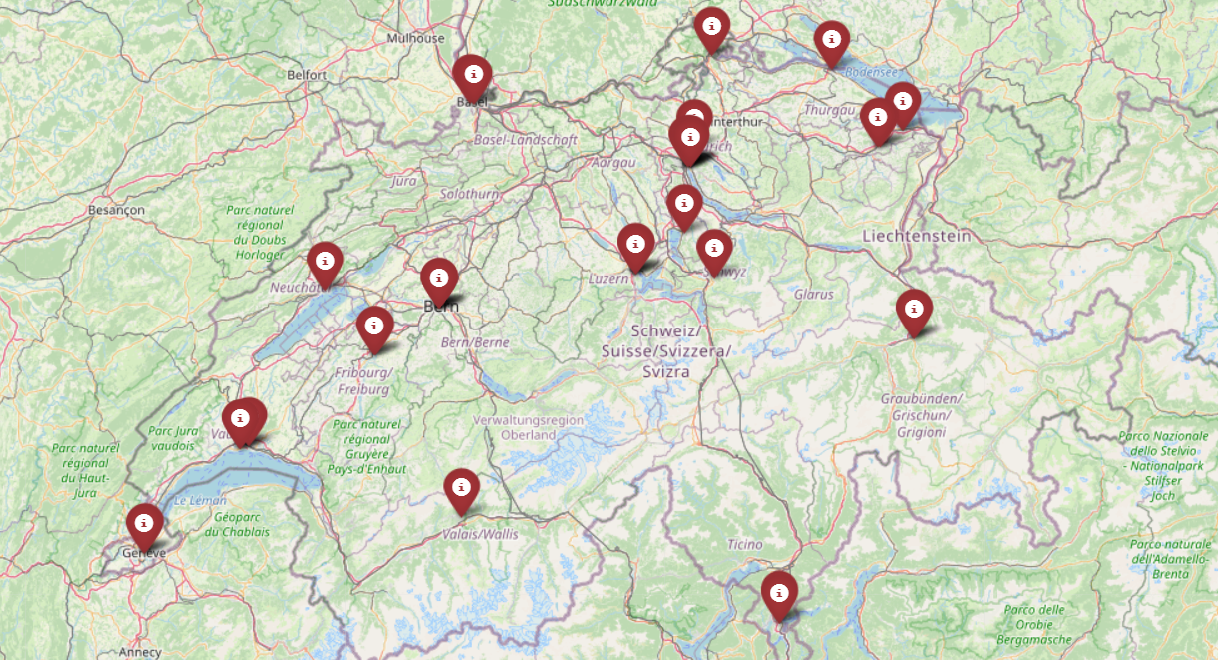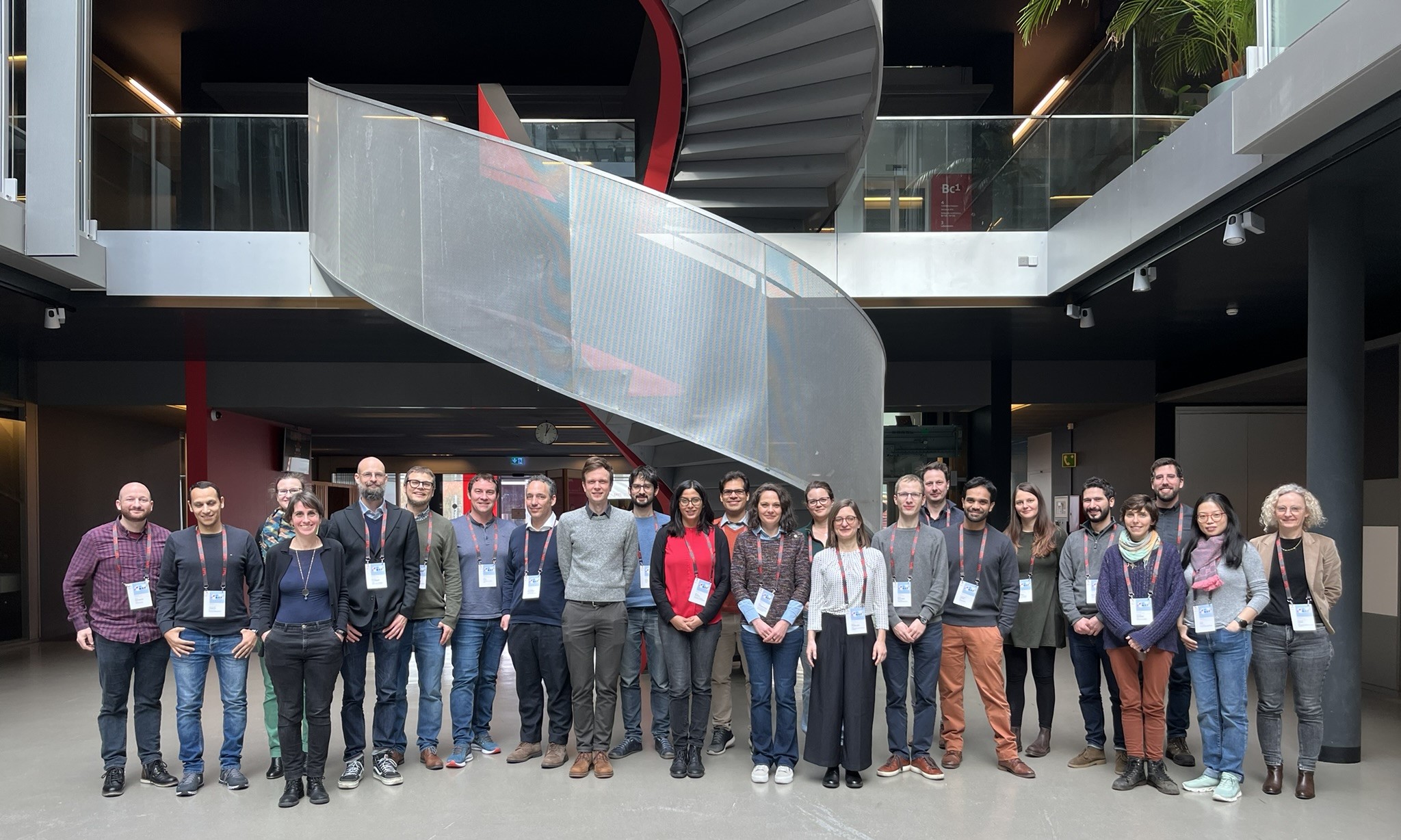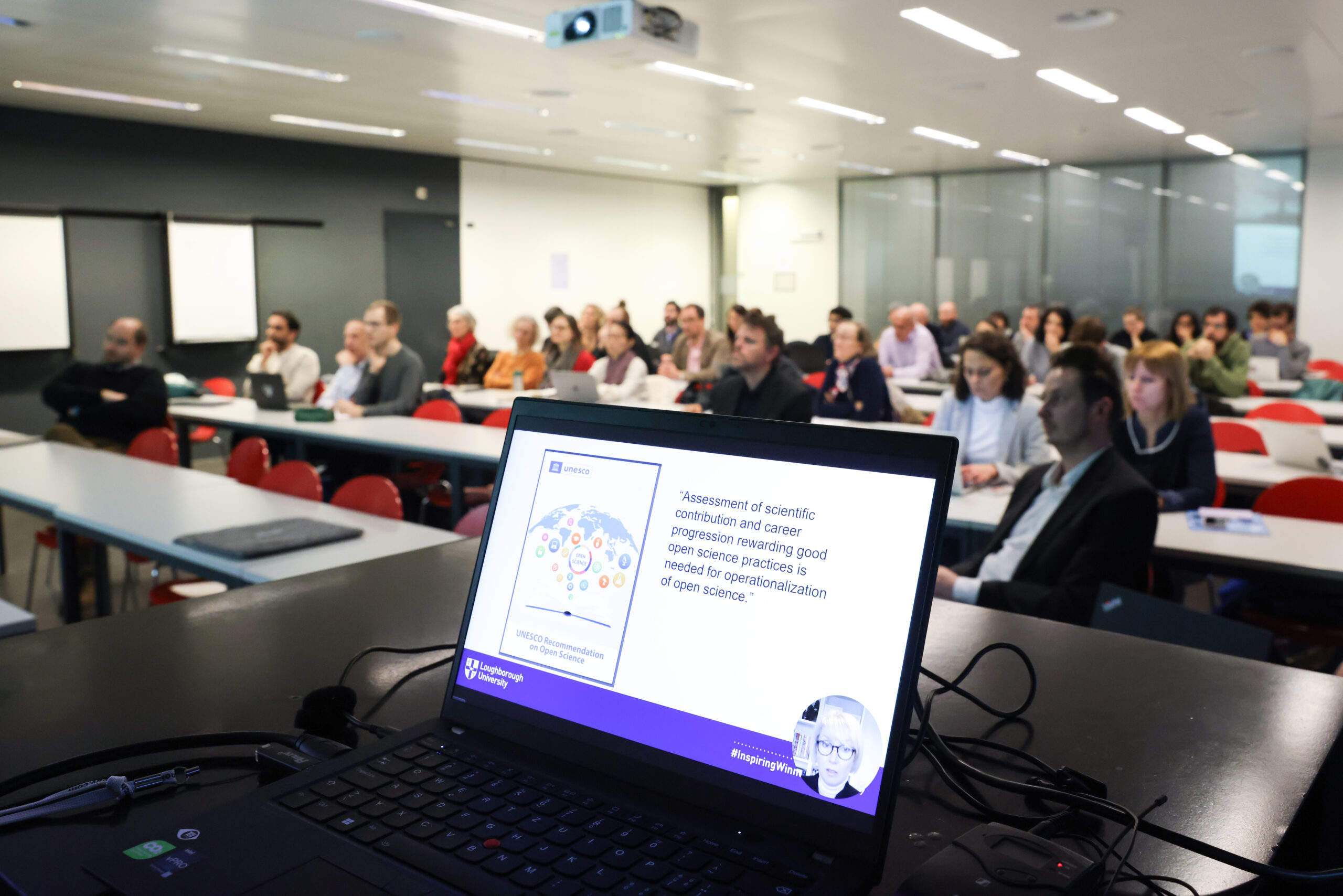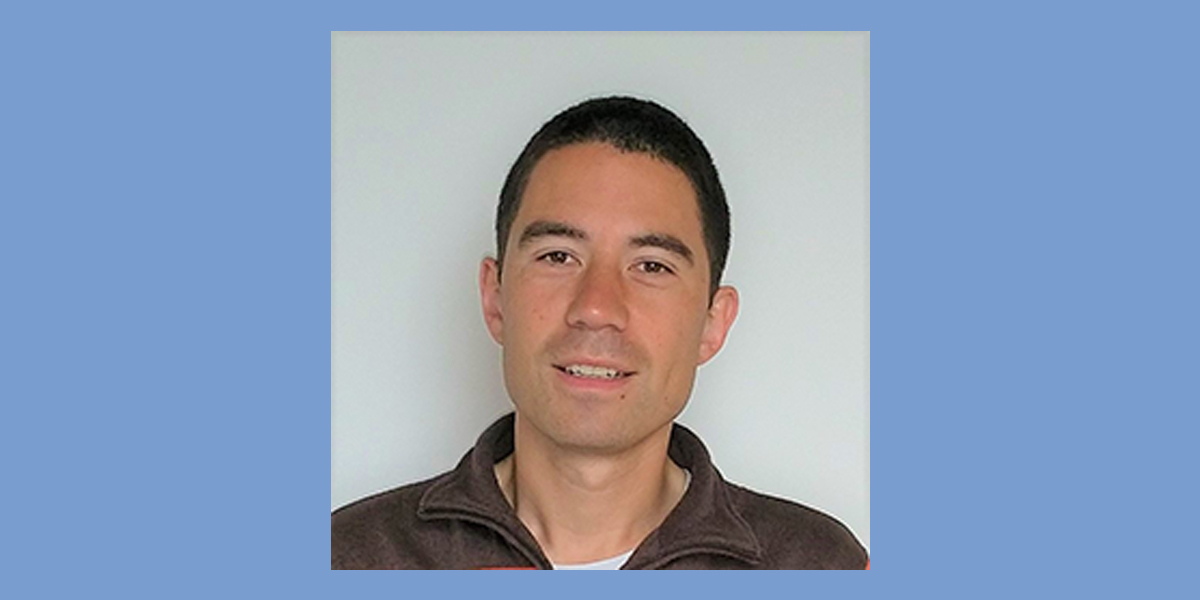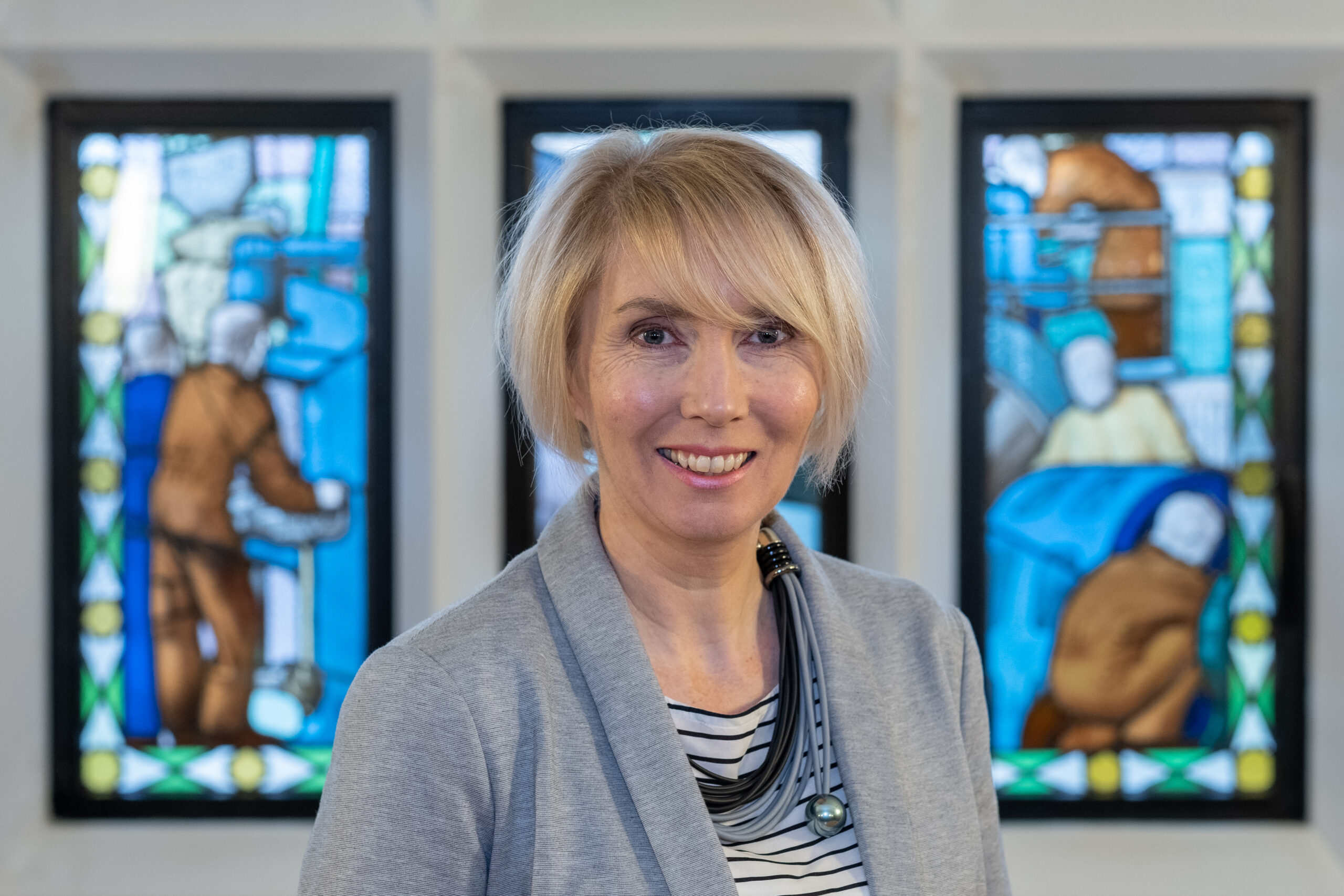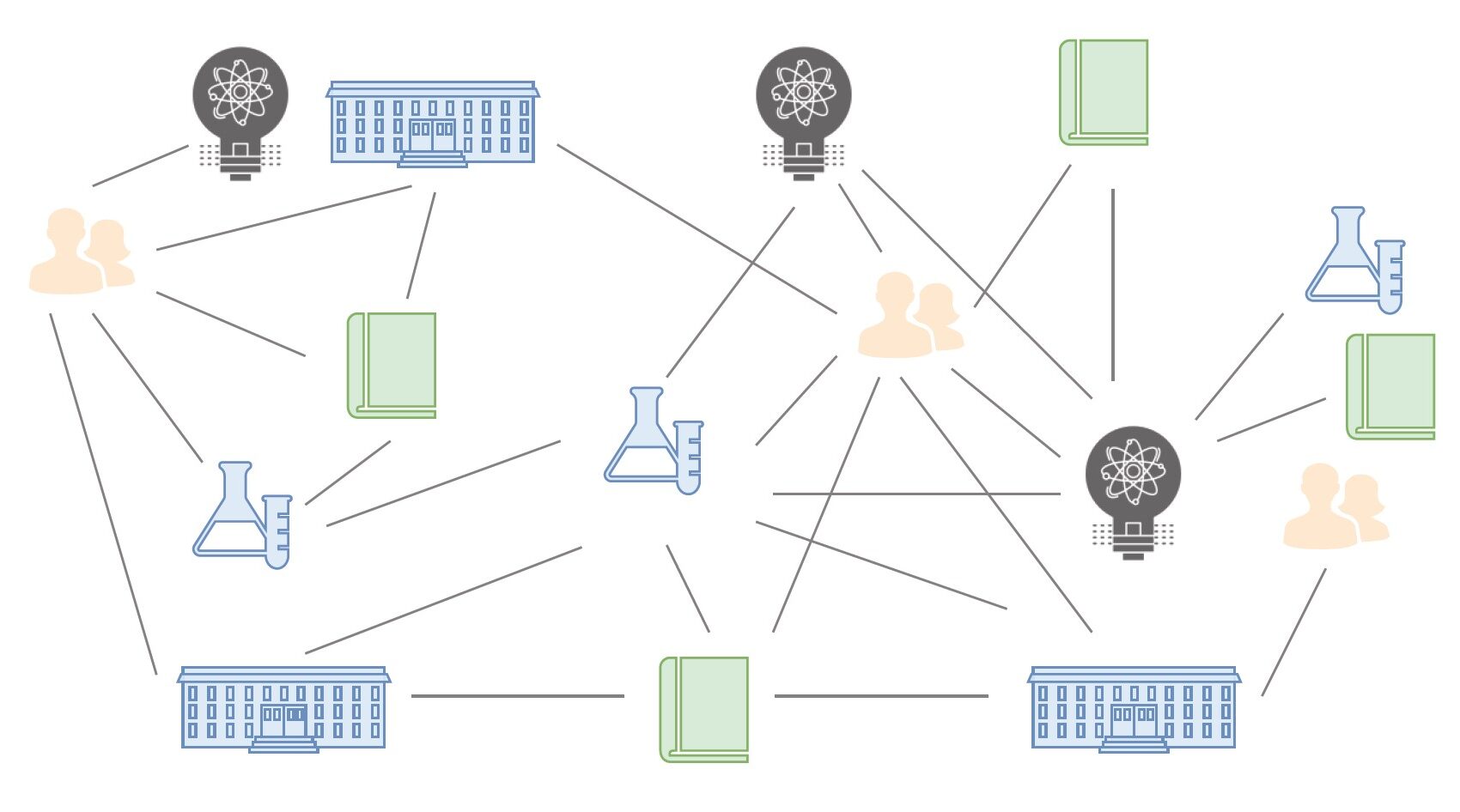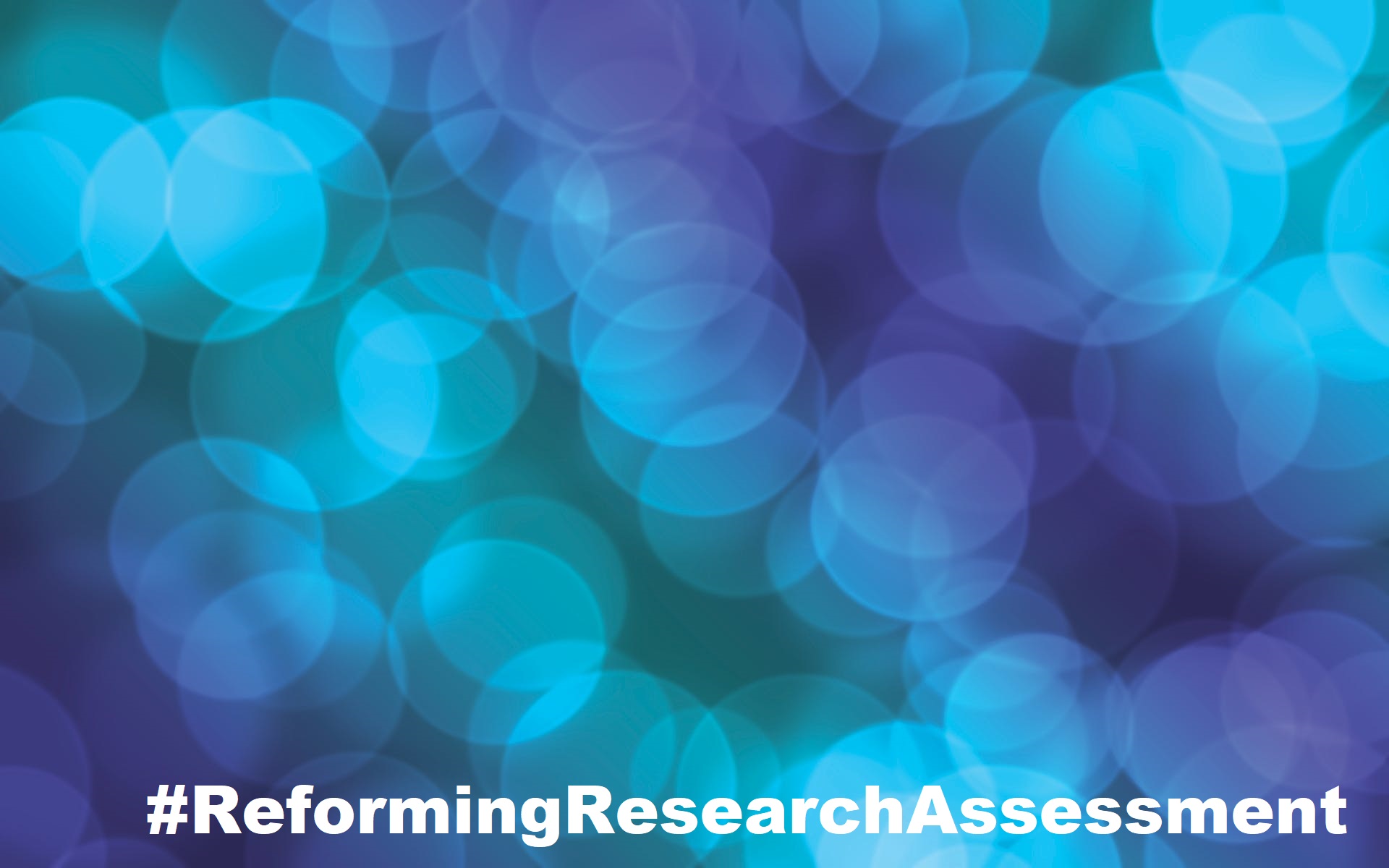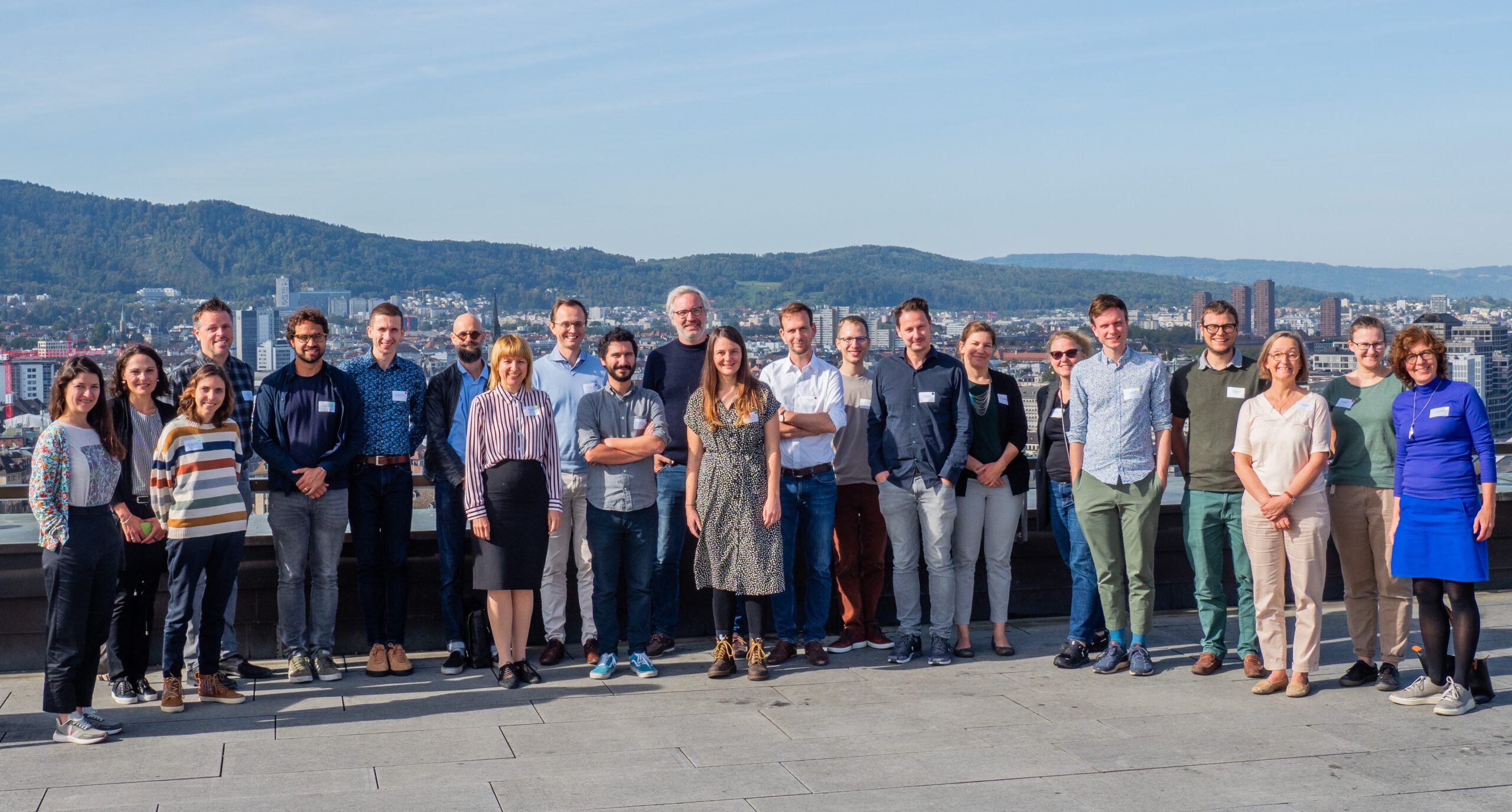Exploring Swiss Higher Education Institutions in Commercial Bibliometric Databases
This blogpost covers the main findings and implications of a study of Swiss higher education institutions’ findability in commercial bibliometric databases, conducted within the project “Towards Open Bibliometric Indicators” (TOBI). It underscores the relevance of organisational identifiers and language disambiguation for the findability and visibility of Swiss HEIs in bibliometric databases. It also showcases the … Read more
